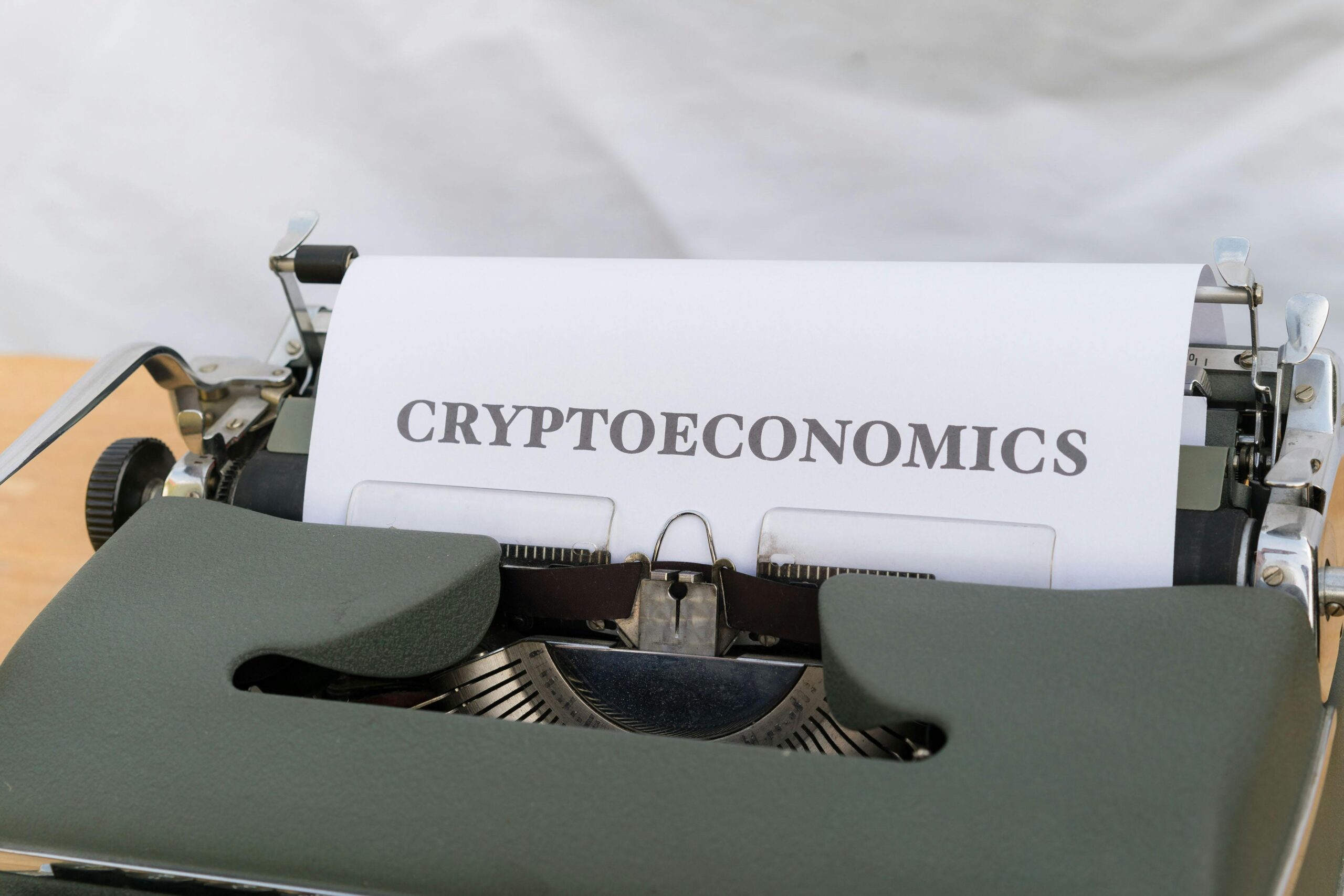How are different DeFi projects approaching regulatory compliance?
In August 2023, different DeFi projects were taking various approaches to address regulatory compliance, given the evolving nature of the regulatory landscape for cryptocurrencies and decentralized finance. Here are some of the key ways DeFi projects were addressing regulatory compliance at that time:
- Engagement with Regulators:
- DeFi projects were actively engaging with regulatory bodies and policymakers to provide input, seek guidance, and understand the evolving regulatory frameworks.
- This collaborative approach aimed to help shape regulations in a way that balanced innovation and consumer protection.
2. Voluntary Compliance Measures:
- Many DeFi projects were implementing voluntary compliance measures, such as know-your-customer (KYC) procedures, anti-money laundering (AML) controls, and sanctions screening.
- This proactive approach was intended to demonstrate the industry’s commitment to responsible practices and mitigate regulatory concerns.
- 3. Regulatory Sandboxes and Pilot Programs:
- Some DeFi projects were participating in regulatory sandboxes or pilot programs established by certain jurisdictions to test and validate their protocols under controlled environments.
- These initiatives provided opportunities for DeFi projects to collaborate with regulators, gather feedback, and demonstrate the viability of their platforms.
4. Decentralized Governance and Oversight:
- DeFi projects were exploring ways to incorporate decentralized governance models, with token holders and community members playing a role in the decision-making and oversight processes.
- This approach aimed to instill a sense of shared responsibility and accountability, which could help address regulatory concerns around transparency and oversight.
5. Regulatory Compliance Frameworks:
- Some leading DeFi projects were developing their own internal regulatory compliance frameworks, drawing on best practices and industry standards.
- These frameworks outlined policies, procedures, and controls to ensure compliance with relevant regulations, such as those related to consumer protection, data privacy, and market manipulation.
6. Collaboration with Legal and Compliance Experts:
- DeFi projects were increasingly partnering with legal and compliance experts to navigate the evolving regulatory landscape and ensure their protocols and operations aligned with applicable laws and regulations.
- This collaboration helped DeFi projects stay informed of regulatory developments and implement appropriate compliance measures.
It’s important to note that the specific approaches and the regulatory landscape for DeFi may have evolved significantly since my knowledge cutoff in August 2023. Staying up-to-date with the latest industry reports and regulatory updates would be crucial to understanding the current state of DeFi compliance efforts.
What are some examples of DeFi projects successfully implementing KYC and AML measures?
Unfortunately, I do not have specific up-to-date information on examples of DeFi projects successfully implementing KYC (Know-Your-Customer) and AML (Anti-Money Laundering) measures as of my knowledge cutoff in August 2023. The DeFi ecosystem is rapidly evolving, and the specific implementations and case studies may have changed significantly since then.
In general, as mentioned in my previous response, many DeFi projects were exploring ways to integrate voluntary compliance measures, including KYC and AML controls, to address regulatory concerns and demonstrate their commitment to responsible practices. However, without access to more recent industry reports and case studies, I cannot provide you with concrete examples of successful implementations.
The DeFi space is highly dynamic, and the approaches taken by individual projects to address KYC and AML requirements may have varied based on their specific needs, target markets, and the evolving regulatory landscape. Some potential examples from August 2023 could have included:
- Leading decentralized lending platforms implementing KYC checks and transaction monitoring to comply with AML regulations.
- Decentralized exchanges (DEXs) partnering with third-party compliance providers to integrate KYC and AML solutions into their user onboarding and trading processes.
- Certain DeFi protocols developing their own decentralized identity management systems to enable KYC and compliance checks in a privacy-preserving manner.
However, without access to more current information, I cannot confidently discuss specific DeFi projects or their implementation details. The landscape may have changed significantly in the past year, and the best approach would be to consult more recent industry publications and expert analysis to get a better understanding of the latest developments in this rapidly evolving space.
Please let me know if there is any other way I can assist you within the limitations of my August 2023 knowledge base.



